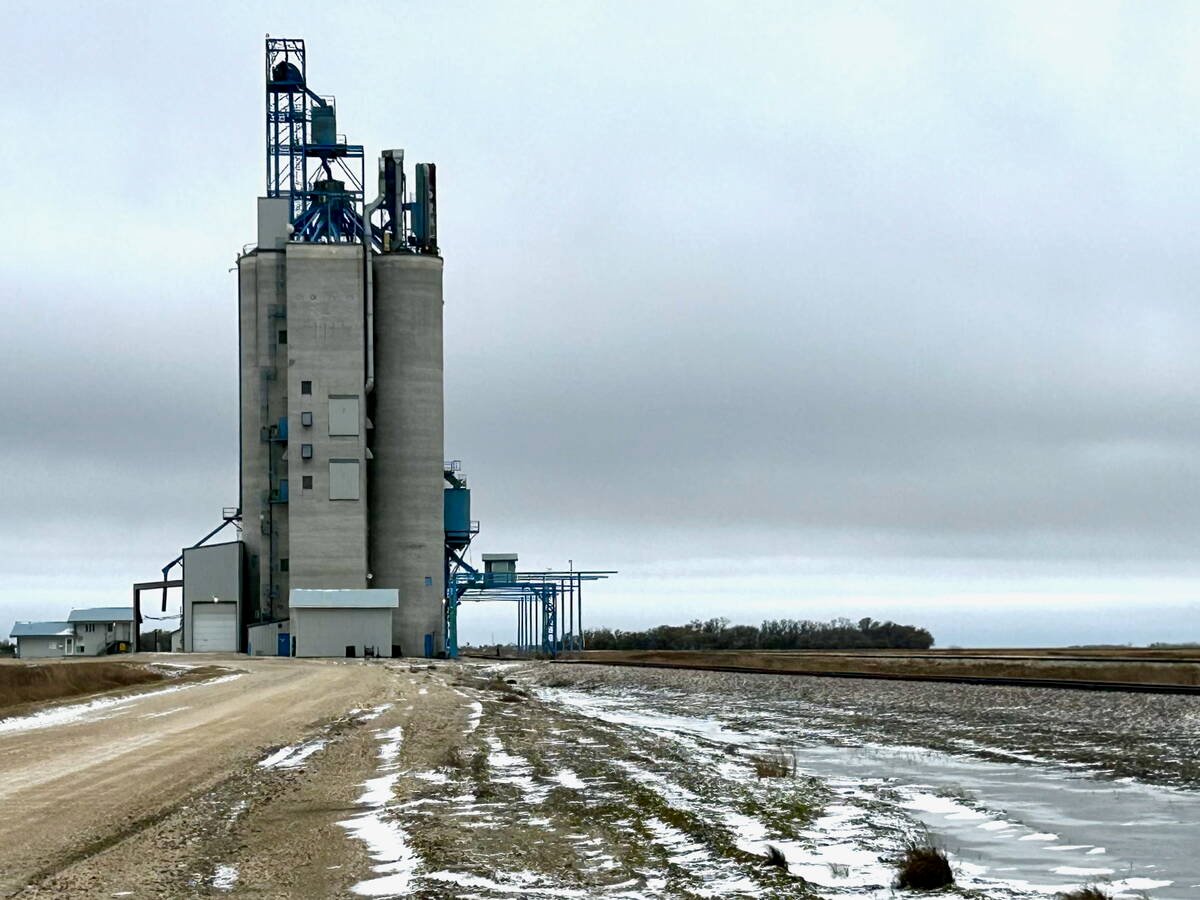Four years of work aimed at turning three U.S. wheat organizations into one have ended in failure.
The merger proposal went down in flames earlier this month when the National Association of Wheat Growers’ board of directors rejected the plan by a vote of 18 to 11.
The proposed consolidation, which would have brought together NAWG, U.S. Wheat and the Wheat Export Trade Education Committee, foundered on the issue of how many votes each group would get in the new organization.
NAWG president Sherman Reese, a wheat grower from Echo, Oregon, said it was regrettable that the merger could not be accomplished, but the deal has to be fair.
Read Also

Manitoba grain elevator ownership expands
Carman-based Linear Grain buys Fannystelle elevator from Bunge, another three elevators sold to Morden’s BP & Sons Grain and Storage Inc.
He said it’s time for the three groups to turn their attention to other issues, such as passage of new food security legislation and world trade negotiations.
“For today, we need to work together on shared issues and continue to seek a mutually acceptable solution,” Reese said.
While rejecting this specific plan, NAWG says it still believes a merger is needed.
After voting against the proposal, NAWG directors passed a resolution urging the boards of NAWG and USW to meet “at the earliest possible opportunity” to try to reconcile their differences.
The idea behind the merger was to create a more influential lobby group for U.S. wheat growers, one better able to affect government policy in areas such as farm supports, international trade, environmental regulation and research.
Proponents said a merger would also have provided significant financial savings to wheat growers, who now pay to operate all three organizations.
NAWG is the Washington-based national federation of state-based voluntary membership grower associations. It lobbies the federal government for favourable programs and policies, focusing most of its efforts on domestic issues.
The two other organizations are more trade oriented.
U.S. Wheat is a trade development group with 18 overseas offices that works to promote sales of American wheat.
WETEC is funded by USW and focuses on lobbying Congress and other policy-makers for trade policies that benefit wheat growers.
Both USW and WETEC are supported by mandatory farmer checkoffs collected by state wheat commissions and are more flush with funds than NAWG, which depends on voluntary memberships from wheat growers.
The big issue is how to weight votes between the check-off funded state wheat commissions that make up USW and the voluntary membership state grower groups that make up NAWG.
The proposal would have seen more voting power placed in the hands of the commissions because that’s where the bulk of the money will be coming from.
NAWG said the proposal would concentrate money and power in the hands of the commissions and marginalize the grower associations.
Preliminary budgetary estimates for the new organization showed it would have generated revenue of $5.5 million, with $4 million coming from USW, $1.2 million from NAWG and $300,000 from WETEC.














